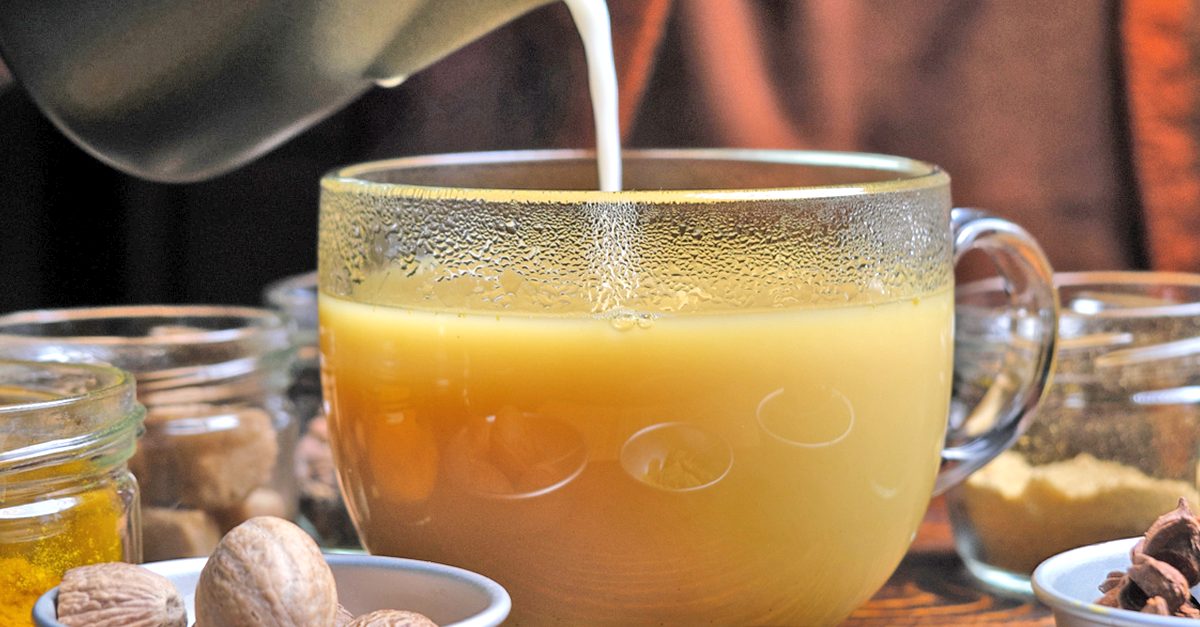;)
Lots of people enjoy a cup of hot tea, especially on a cold winter’s day. But how many of us know that some of these teas have important health benefits?
The tea plant originally became popular because of its medicinal properties, and the main varieties of the tea plant produce most of the tea we are used to: black tea, green tea, white tea and oolong tea.
Tea isn’t confined to just the tea plant, though. Redbush, or ‘rooibos’ tea comes from Aspalathus linearis, and there are many other types of teas and infusions available.
The top teas for health are:
Green Tea
Green tea has become very popular in recent years, and has long been praised for its medicinal qualities. Studies have confirmed what green tea drinkers have been saying for a long time – that green tea may help protect our health.
One study has connected green tea to enhanced cognitive functioning and working memory. A study from the University Hospital of Basel, in Switzerland, found that people who consumed a soft drink containing 27.5 grams of green tea extract showed more intense brain activity in the areas linked to working memory.
Green tea also contains polyphenols, which are micronutrients with antioxidant qualities. Antioxidants protect against body-damaging free radicals, which can accelerate aging.
One polyphenol found in green tea, called epigallocatechin, has been said to slow tumour growth in certain types of cancer, such as pancreatic cancer.
Rooibos, or Redbush Tea
Rooibos, or redbush tea, comes from a plant in South Africa called Aspalanthus linearis. Research shows that rooibos tea contains antioxidants that are similar to, if not as strong as, green tea.
A study done on rats showed that rooibos tea may protect the liver from oxidative stress. If you don’t like the taste of rooibos, you can take a supplement.
Rooibos has also been shown to help lower blood pressure, and to relax tense muscles. It’s thought that the active ingredient that causes this is a flavonoid called chrysoeriol.
You can drink rooibos tea at night without suffering from disrupted sleep – it doesn’t contain caffeine, unlike green or black tea.
Jasmine Tea
The jasmine tea most people refer to is usually made with green tea, and jasmine flowers are added for the aroma.
The health benefits aren’t solely down to the green tea, since jasmine flowers are also beneficial to health. Residents of the Okinawa Prefecture, in Japan, regularly drink a special blend of green tea and jasmine, and they are a very healthy, long-lived group of people.
Jasmine flowers contain antioxidants, just like green tea, which may help protect cells from age-related damage. Jasmine itself has been linked with reducing the impact of stress and improved physical well-being.
Lemon Verbena Tea
Aloysia citodora is the scientific name of lemon verbena. It has a citrus flavour, and is related to verbena, or vervain, which has been used in herbal infusions for years.
Lemon verbena infusions have a far more subtle citrus aroma than commercial citrus tea blends. Some places sell it as ‘weight loss tea’, and studies have shown that the polyphenols in lemon verbena can decrease the formation of fatty acids.
Research has also suggested that an extract of lemon verbena may help people with multiple sclerosis, by lowering their inflammatory markers.
Hibiscus Tea
Hibiscus flowers are often used in salads, or as a garnish for some dishes, but the leaves can be used to make a beverage.
Studies have suggested that hibiscus extracts from the leaves and calyx have antioxidant and anti-tumoral effects. They may help fight some types of leukemia cells, and could protect skin against the aging action of free radicals.
Hibiscus tea may also help regulate blood pressure, and the polyphenols in hibiscus leaves may encourage tumour cell death in skin cancer.
;Resize,width=712;)
;Resize,width=712;)
;Resize,width=712;)
;Resize,width=767;)
